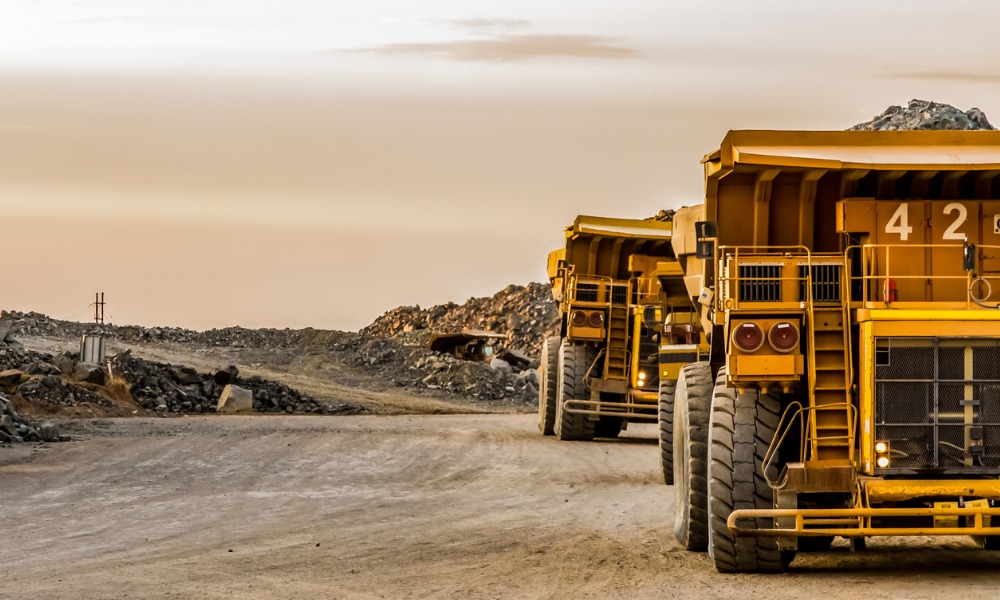Canada's mining sector calls for a carveout from the new tax proposal, fearing impacts on junior miners' funding

Canada’s mining industry is urging for an exemption from the federal government’s proposed capital gains tax increase.
They caution that the change would hinder junior miners' ability to fund new mineral explorations, as reported by BNN Bloomberg.
As part of Finance Minister Chrystia Freeland’s recent budget, the capital gains tax inclusion rate is set to rise to two-thirds from one-half, affecting all corporate and trust gains, as well as individual gains exceeding $250,000 annually.
The Mining Association of Canada has expressed concerns that this tax hike could substantially diminish the benefits of the Mineral Exploration Tax Credit (METC), which facilitates funding for exploration of critical minerals such as copper, nickel, and lithium.
This tax credit is crucial among a range of incentives aimed at spurring investment into Canada’s high-risk mining ventures. Junior miners, who play a pivotal role in global mineral discoveries, typically rely on issuing flow-through shares to raise capital.
These shares allow investors to claim tax deductions on certain exploration expenses, which are later taxed as capital gains when sold.
Pierre Gratton, president of the Mining Association, noted that increasing the capital gains rate could “effectively negate the tax benefit associated with the METC.”
He suggested that there might have been an oversight at the Department of Finance, stating, “Our sense is that the Department of Finance didn’t connect the dots.”
In 2021 and 2022 alone, miners managed to raise $2.6bn through flow-through shares, according to the Prospectors & Developers Association of Canada.
The mining association estimates that flow-through shares finance 90 percent of junior exploration in Canada and that the new capital gains measures could impact 70 percent of these explorations.
Gratton emphasized the importance of exploration for the discovery of significant mining projects like the Voisey’s Bay and Raglan nickel mines in eastern Canada, which are essential suppliers of nickel and cobalt to automobile manufacturers including Honda and Volkswagen.
Last week, the mining association met with officials from Freeland’s department to argue for an exemption from the increased capital gains tax. “We think there are ways to make the credit work that does not in any way compromise their budget numbers,” Gratton remarked.
In response, Katherine Cuplinskas, a spokesperson for the finance minister, affirmed the government’s commitment to the mining sector in a statement.
She highlighted the recent extension of the 15 percent Mineral Exploration Tax Credit and the introduction of the 30 percent Critical Mineral Exploration Tax Credit. Together, these measures provide $65m to support mineral exploration investment.
However, her statement did not directly address the concerns raised by the mining association.



